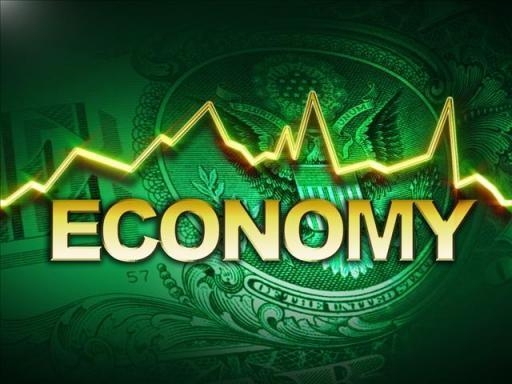Market Data

June 30, 2020
Chicago Business Barometer Improves in June
Written by Sandy Williams
The Chicago Business Barometer rose to 36.6 in June as economic activity returned with the easing of COVID-19 restrictions, said MNI Indicators..
The production index jumped 10.1 points from May as demand strengthened by 33.8 percent. Order backlogs were at a two-month high, gaining five points in June. Inventories plummeted 24.7 percent after emerging from contraction in May.
The supplier delivery index dropped 10.2 percent as COVID-19-related delays continued. Factory gate prices rose 2.7 percent in June.
Employment levels remained in contraction, slipping another 5.1 points.
Looking at the averages for the second quarter, business sentiment was at its lowest level since Q1 2009, dropping 11.8 points to 34.8. Demand was at its lowest quarterly level in 40 years with new orders recording a decline of 20.1 points. First-quarter employment levels tumbled 11.2 points to the lowest level since the global financial crisis. Prices slipped 4.9 percent and backlogs were at an 11-year low.
The supplier deliveries index jumped 22.2 percent in the second quarter for its highest level since Q1 1979.
Regarding personnel plans for the rest of the year, 55.8 percent of businesses surveyed plan to freeze hiring, 23.3 percent expect more layoffs, and only 18.6 percent plan to expand their workforce.
Below is a graph showing the history of the Chicago Business Barometer. You will need to view the graph on our website to use its interactive features; you can do so by clicking here. If you need assistance logging into or navigating the website, please contact us at info@SteelMarketUpdate.com.








